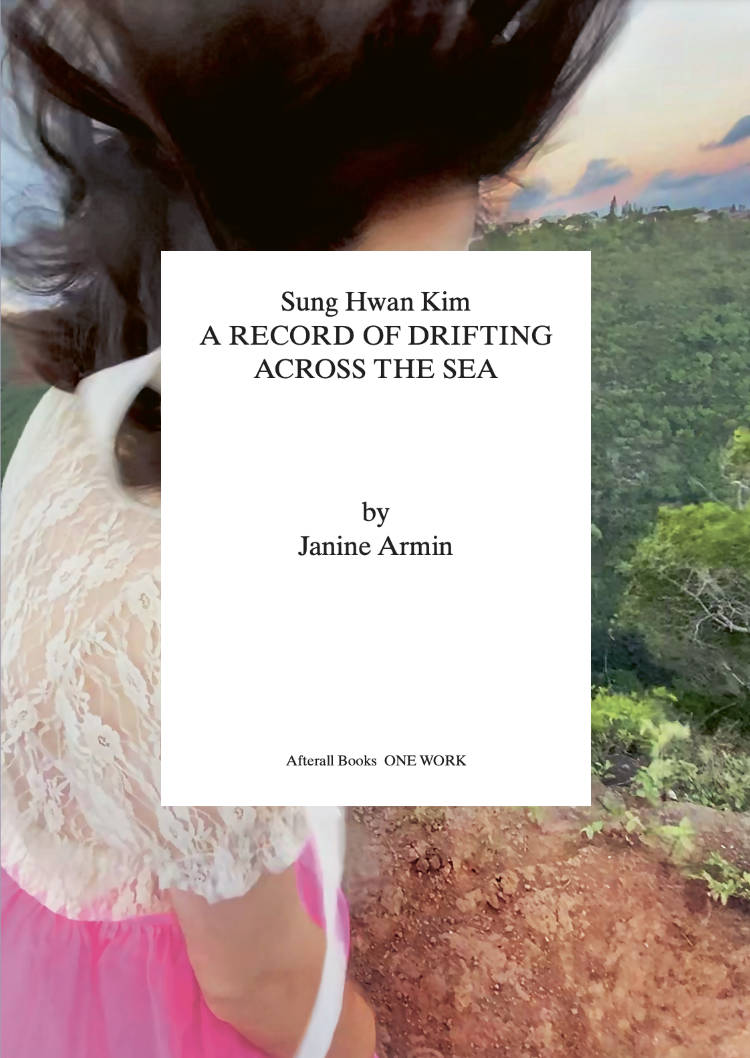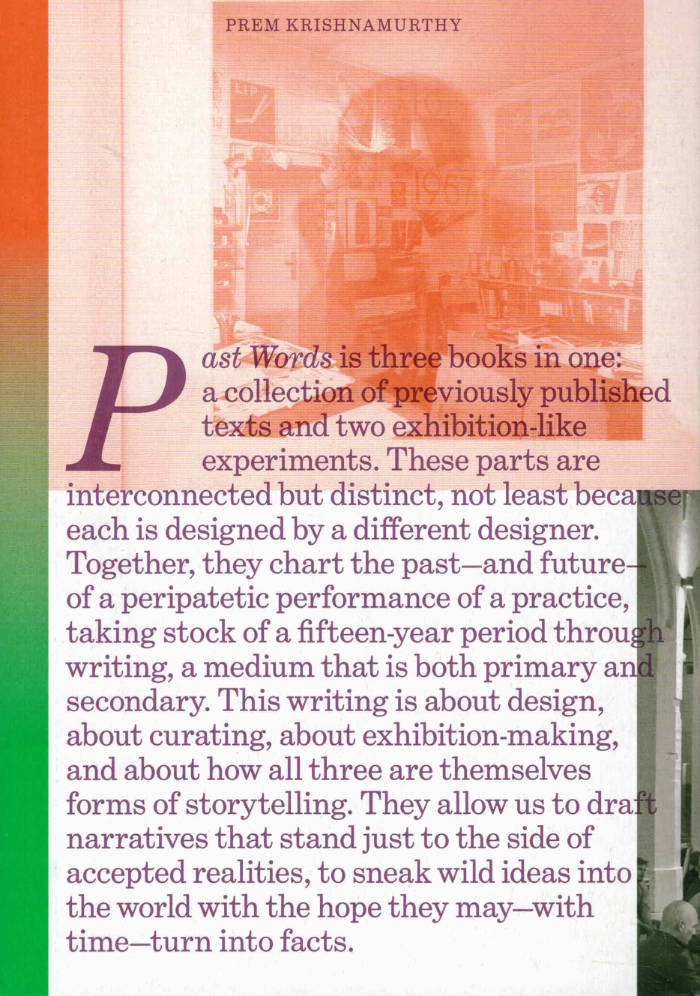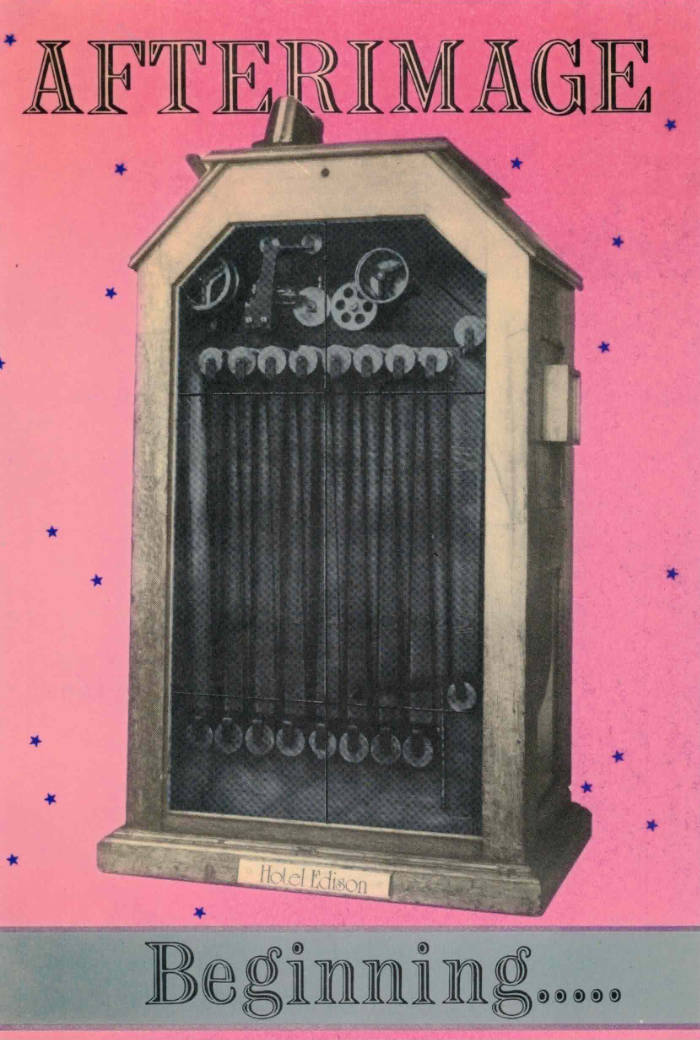
Sung Hwan Kim: A Record of Drifting Across the Sea
A richly illustrated exploration of Sung Hwan Kim’s complex record of migrant stories, displacement and belonging, border-crossings and translation.
In A Record of Drifting Across the Sea (2017–), Sung Hwan Kim looks at histories of migration. The artist parses the traces –archival and bodily – left by undocumented Korean migrants who came to the US by way of Hawai’i at the turn of the twentieth century, and ponders over their impact on other migrant and indigenous communities. As an ongoing film and installation series, comprising two chapters and a third in progress, A Record unsettles the limits of the ‘one work’ with its distributive, open-ended and collaborative nature.
In this speculative inquiry, Janine Armin explores each chapter in Kim’s multi-layered work as a mycelial network of feelers entangling and extending the wider work in-process. Engaging history through embodiment, folklore and myth, as much as through archival material, Kim navigates and crosses the boundaries between displacement and belonging. Focusing on the artist’s attempt to escape from representation, Armin illuminates and attends to the different stories and non-sovereign ways of being together towards which his work points us.
This title is part of the One Work book series, which focuses on artworks that have significantly changed the way we understand art and its history.




